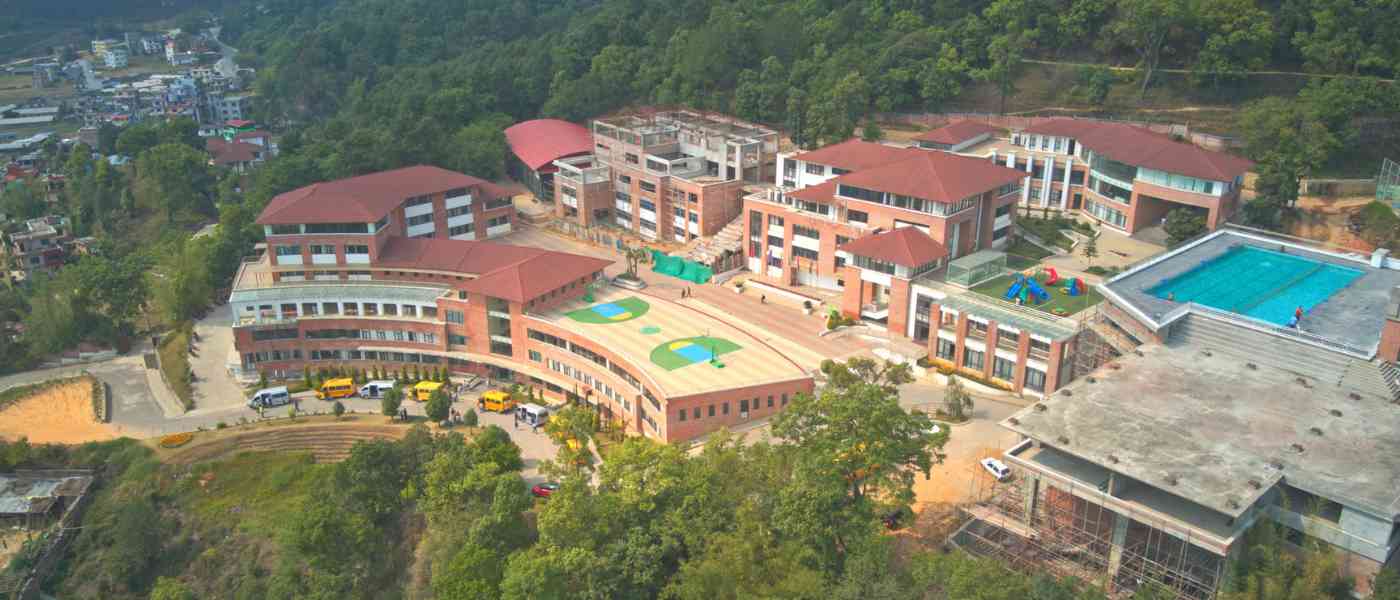In a constantly evolving world that values flexibility and lifelong learning, developing a growth
mindset in students is more important than ever. In the context of schools like Kathmandu World
School (KWS), implementing the mentality of growth mindset can change how kids approach
obstacles, view challenges, and, ultimately, fulfill their full potential. Schools play an important
role in setting up these beliefs and providing conditions that allow children to have a positive
learning attitude.
What is a Growth Mindset?
A growth mindset is a state of mind where the individual thinks that challenges are opportunities
for improvement. In comparison to a fixed mindset, individuals believe that their abilities are
static and unchangeable. A growth mentality refers to the way in which people see problems as
opportunities for personal growth and advancement. A fixed mindset, on the other hand, is
defined by the belief that abilities are permanent and unchangeable.
The Role of Schools in Developing a Growth Mindset
Educational institutions play an important role in determining how students assess their own
skills. Feedback delivery, failure handling, and achievement celebration all contribute to the
development of either a growth mindset or a fixed mindset.
Kathmandu World School stands out as an excellent example of how to strike the correct
balance. KWS's curriculum goes beyond academics, including extracurricular activities,
real-world problem-solving assignments, and interactive projects that motivate students to push
their limits. For example, group activities at KWS frequently include obstacles that involve
teamwork, critical thinking, and adaptation. These are intended not only to test knowledge but
also to motivate kids to develop resilience and determination while realizing the importance of
collaborative efforts.
Another notable aspect of KWS is that we consider feedback as a tool for improvement rather
than a sign of failure. Teachers provide constructive, precise, and supportive feedback to
encourage students to reflect on their learning experiences and strive for excellence on a
constant basis.Encouraging Positive Learning Attitudes at KWS
The teaching philosophy at Kathmandu World School revolves around creating positive
associations with learning. By encouraging curiosity, creativity, and critical thinking, the school
builds a solid basis for academic success and personal development. Students are taught that
challenges are necessary for learning and should be accepted as opportunities rather than
avoided.
For example, KWS uses innovative teaching strategies such as experiential learning,
project-based assignments, and technology-enhanced lessons. Students gain a deeper
understanding of their studies by combining old and modern methods. Such intensive
educational experiences create a feeling of amazement and curiosity, which are essential for
cultivating a lifetime love of learning. The school also guarantees a balanced approach by
incorporating extracurricular activities such as athletics and art.
Additionally, mentorship programs at KWS play an important role in influencing students'
learning attitudes. Teachers and counselors act as mentors, assisting kids in setting objectives,
tracking their progress, and navigating obstacles with confidence. This supportive framework
guarantees that each student's unique strengths are acknowledged and developed, resulting in
a personalized learning experience that promotes optimism and self-belief.
Final Thoughts
Fostering a growth mindset is more than just boosting academic performance; it is about
providing students with the skills and attitudes they need to face life's difficulties with confidence
and optimism. Kathmandu World School's broad approach to teaching, which emphasizes the
value of effort, resilience, and adaptability, distinguishes it as a leader in developing a good
learning attitude among students.
By combining innovative teaching approaches, focusing on individual strengths, and parent
participation, KWS demonstrates how education can motivate kids to accept difficulties, see
failure as an opportunity, and strive for continual progress. In an ever-changing world, such an
attitude is the most valuable asset a young student can bring to their future activities.


